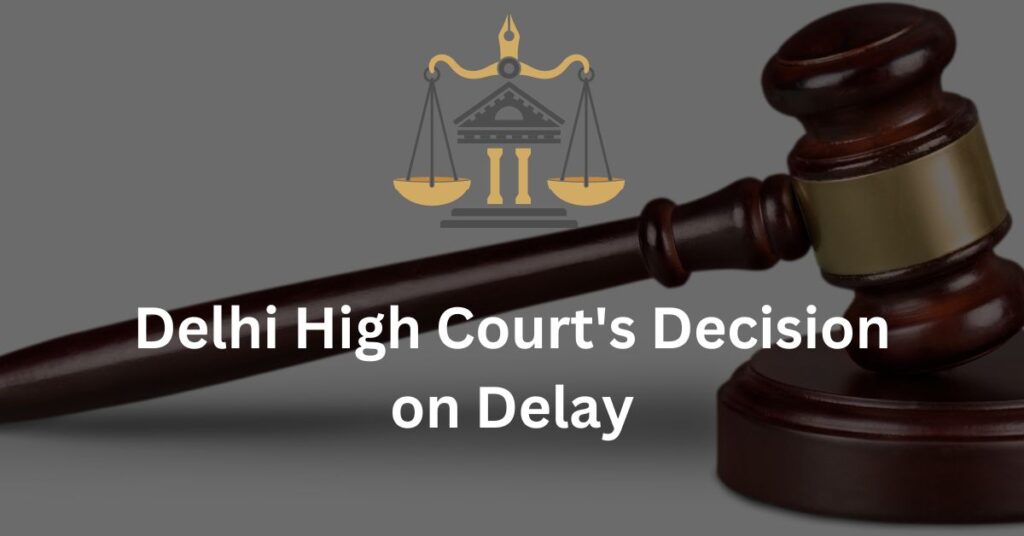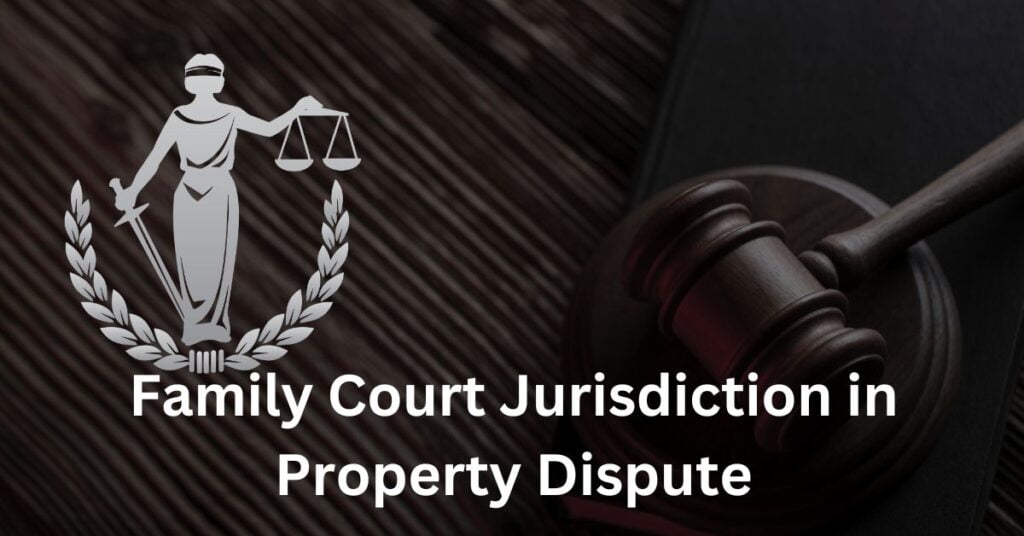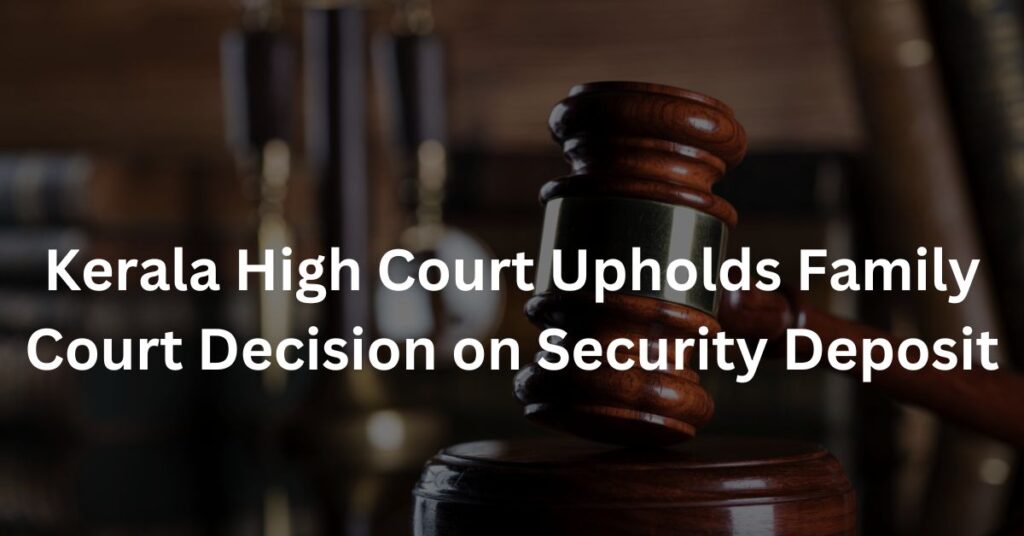New Delhi, September 4, 2023 – Hon’ble Delhi High Court grants bail to an applicant in a case involving the abetment of suicide. The case revolved around allegations of extramarital affairs, threats, and a tragic suicide. This article will provide an overview of the case and the court’s decision.
Table of Contents
ToggleBackground
The applicant, referred to as ‘Wife,’ was seeking regular bail in connection with FIR no. 495/2021 registered under Section 306 and 34 of the Indian Penal Code (IPC) at PS Civil Lines, Delhi. The case had taken a serious turn with the addition of Section 174A of the IPC in the charge sheet. ‘Wife’ had been in custody since August 6, 2022.
The FIR was filed by ‘Husband’s’ mother. She alleged that her son ‘Husband’ was married to ‘Wife,’ and they had two children. It was claimed that ‘Husband’ discovered his wife’s extramarital relationship with a person, and this led to frequent quarrels between the couple.
The situation escalated when ‘Wife’ allegedly threatened ‘Husband,’ demanding the transfer of the house’s ownership to her. She threatened to implicate ‘Husband’s’ elder brother, father, and other family members in false cases if her demands were not met. Tragically, on September 1, 2021, ‘Husband’ was found dead by suicide in his room.
The Applicant's Argument
‘Wife’s’ counsel argued that the Supreme Court had ruled in K.V. Prakash Babu vs. State of Karnataka (2017) that an extramarital affair by a spouse might not always lead to a conviction under Section 306 of the IPC (abetment of suicide). Instead, it could be a ground for divorce or other matrimonial remedies. The applicant also highlighted that on the day of the incident, she had filed a complaint against ‘Husband,’ alleging alcoholism and physical assault.

Opposition by the Prosecution
The prosecution vehemently opposed the bail application. They pointed out that ‘Husband’ had also filed a complaint against the co-accused before the tragic incident occurred. Additionally, they mentioned that the suicide note and complaint had been sent to the Forensic Science Laboratory (FSL), which confirmed that the handwriting on the suicide note belonged to ‘Husband.’ The prosecution emphasized that the roles of the applicant and the co-accused were different and that the co-accused had already been granted bail.
The Court's Decision
After considering the arguments from both sides, the court decided to grant bail to the applicant. They relied on their previous decision in the co-accused’s case, where it was held that abetment of suicide required proof of instigation and mens rea (guilty mind). The court believed that there was a need for evidence to evaluate instigation, provocation, incitement, or encouragement, which would be determined during the trial.
The court clarified that their decision to grant bail was not an expression of the merits of the case but based on the prima facie evidence presented. ‘Wife’ was granted bail on certain conditions, including appearing regularly before the trial court, not leaving India without court permission, refraining from contacting the victim’s family, providing her mobile number to the Investigating Officer, and notifying any change of address or mobile number
Conclusion
In this case, the Delhi High Court granted bail to the applicant accused of abetting her spouse’s suicide. The court’s decision was based on the prima facie evidence presented and the need for a trial to evaluate the instigation and mens rea elements required for abetment of suicide. This ruling underscores the importance of evidence and due process in such cases, emphasizing that bail does not determine guilt or innocence but allows the accused to participate in the trial process.
For the complete judgment and detailed insights, you can refer to the original case document with Case No. BAIL APPLN. 2956/2023, available on the Delhi High Court’s official website. This downloaded judgment can serve as a valuable resource for legal reference in ongoing cases as well.


